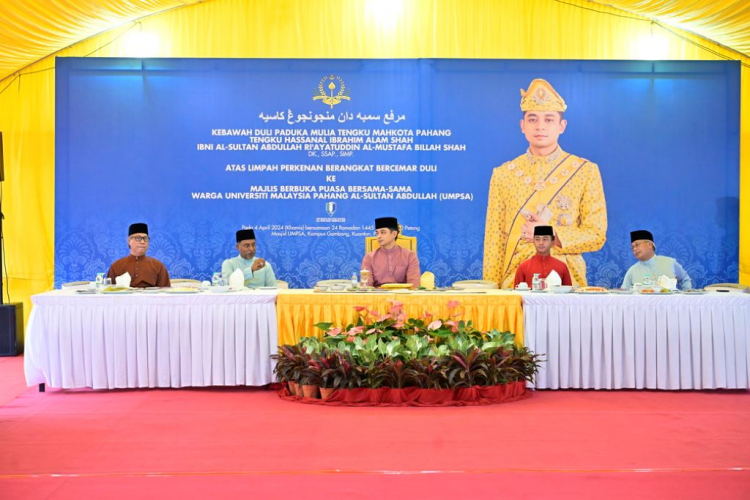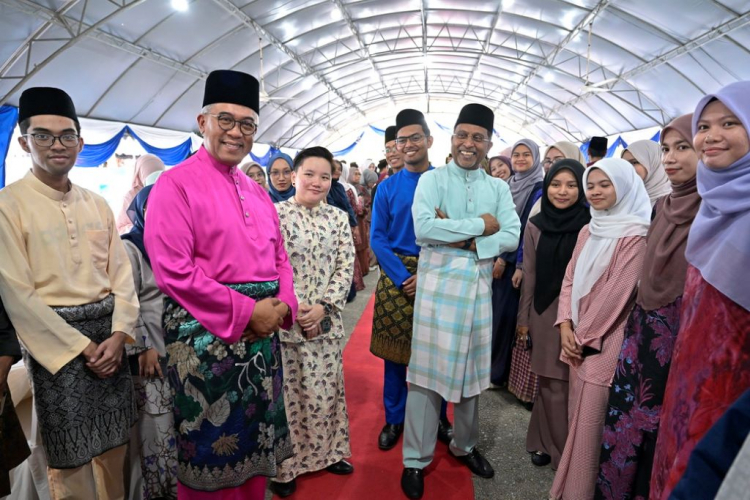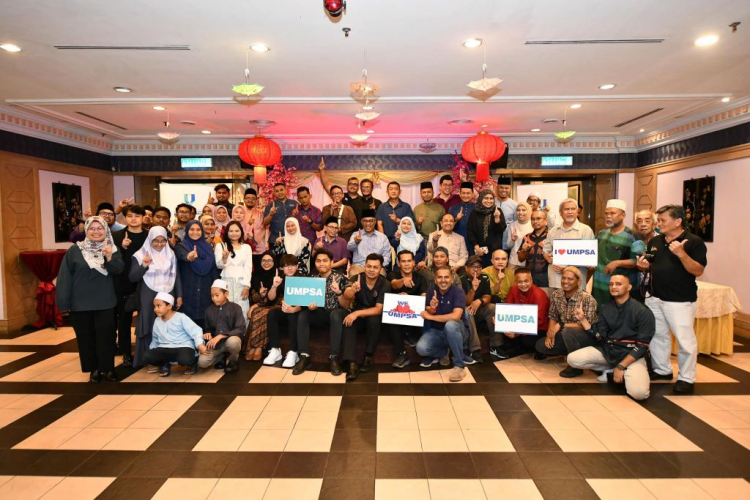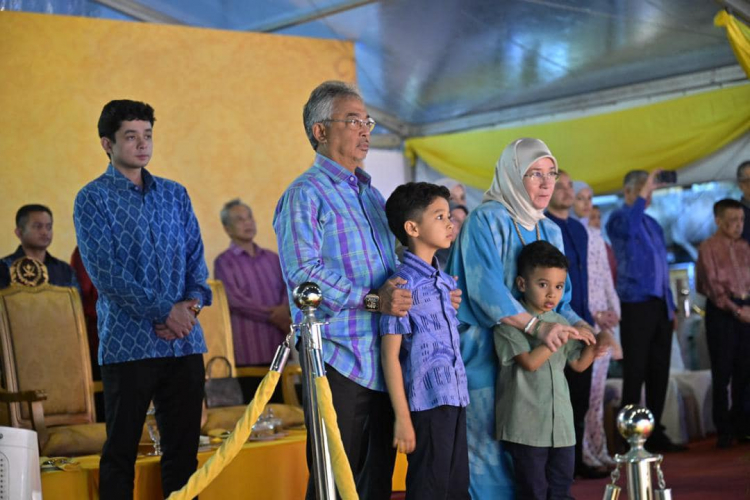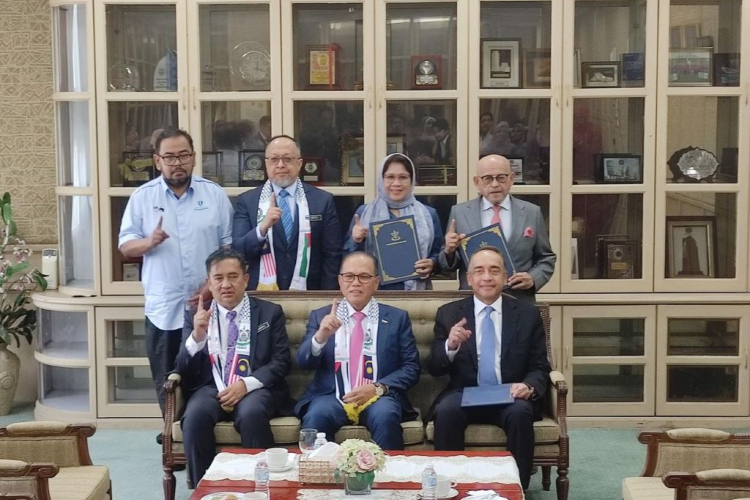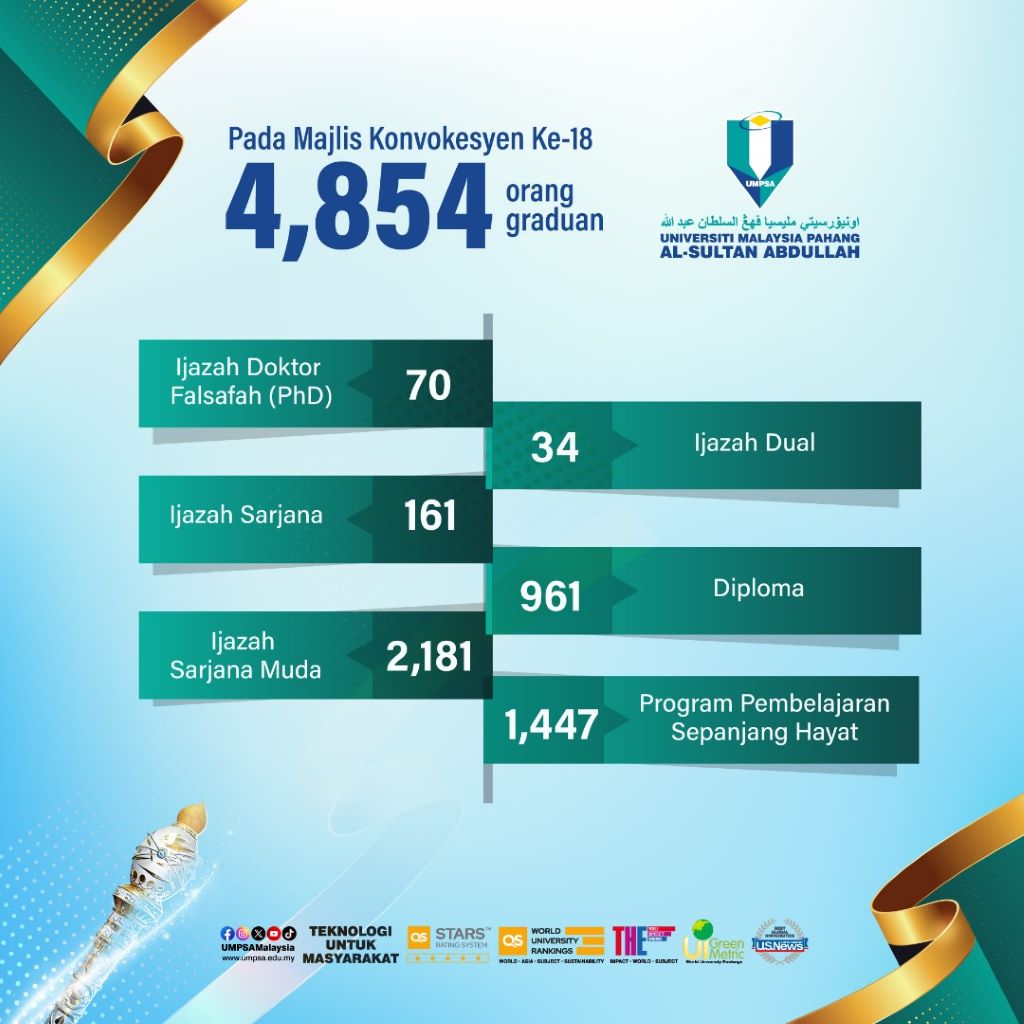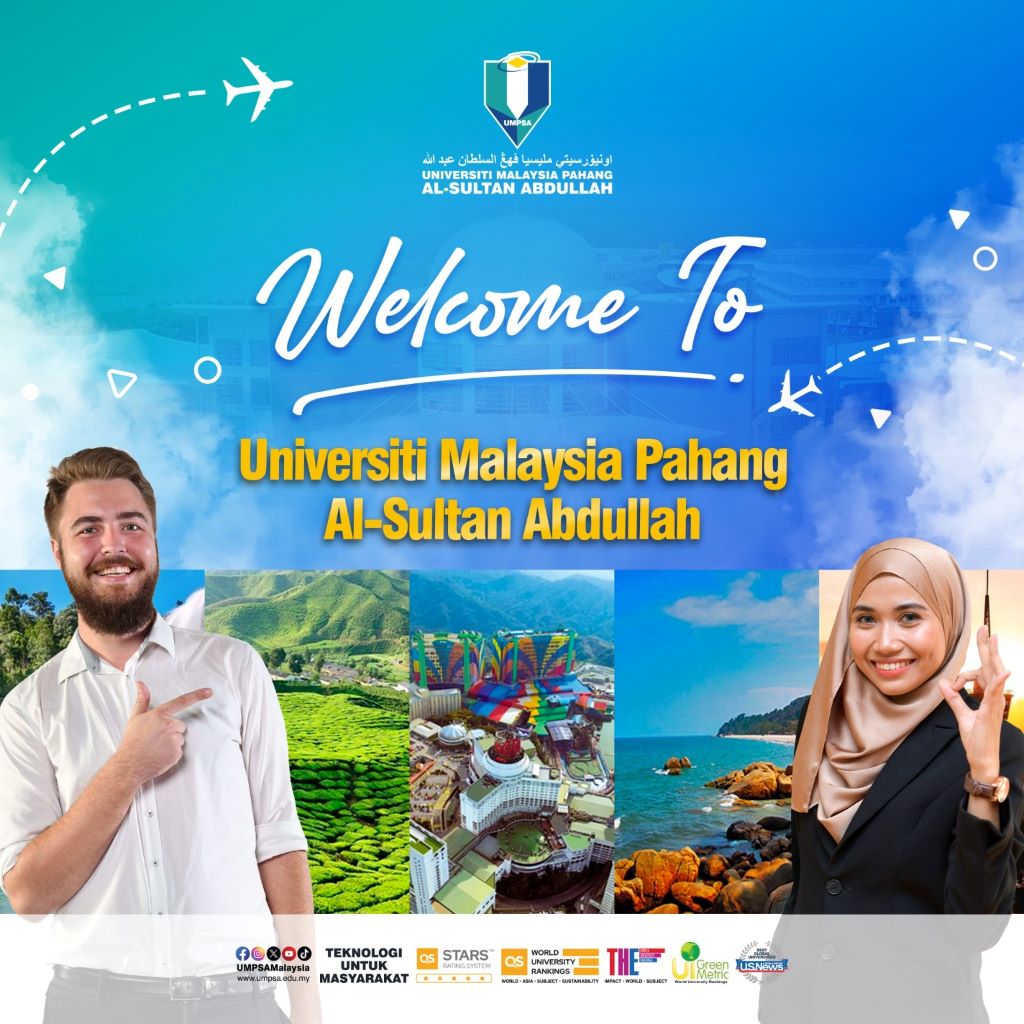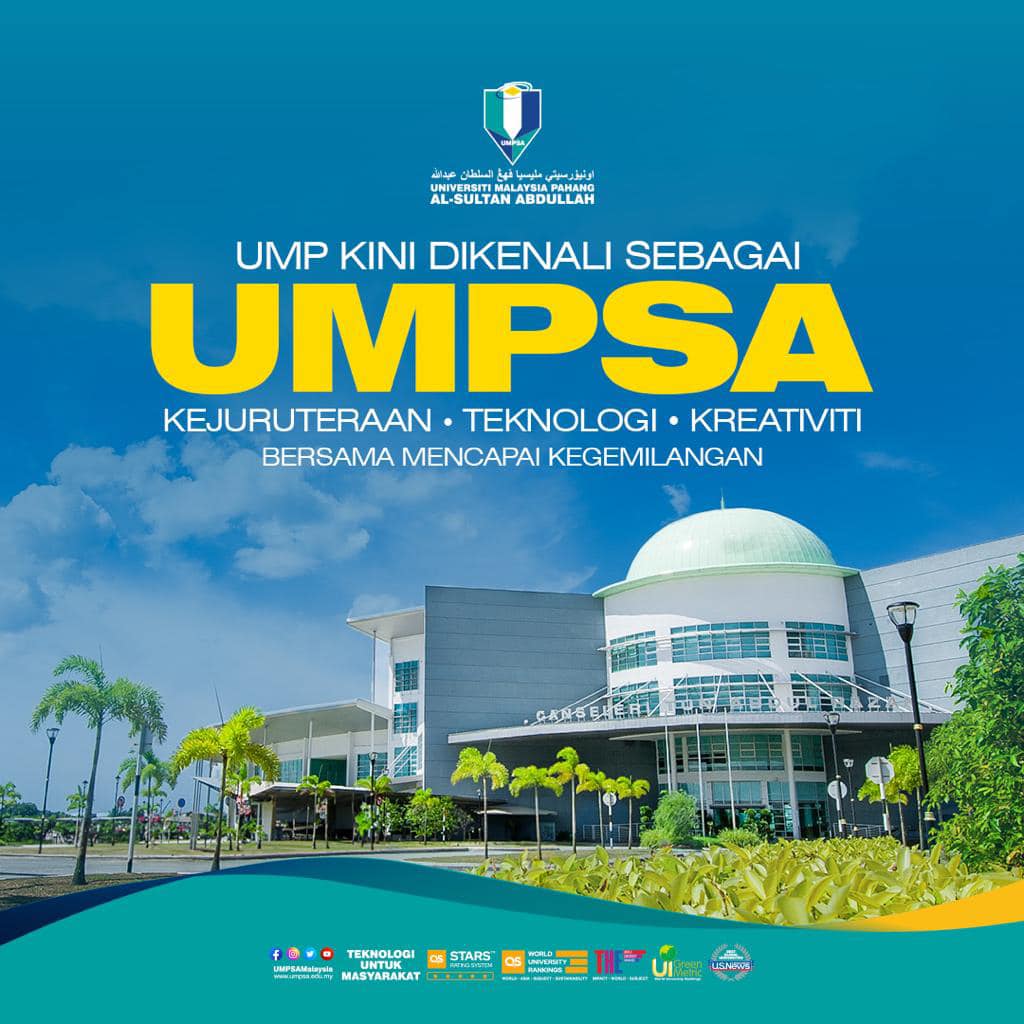Public university administrators reminded on the importance of trustworthiness in advanced management
Public university administrators must quickly adapt to changes consistent with the landscape of their organisations that are currently facing a string of transformations following the trend in Industrial Revolution 4.0.
A university also needs to have knowledgeable and skilled human capital in order to further enhance its competitiveness.
An administrator is the backbone of a university’s operation and needs to have the exposure on means to realise one’s capability in tackling demands in advanced management.
To date, there are more than 8,000 public university administrators in the management and administrative group of various service schemes, working hard in managing their respective universities.
Universiti Malaysia Pahang (UMP), Chief Operation Officer and Registrar, Abd. Hamid Majid said if the elements in IR 4.0 and advanced management were not handled accordingly, it would create stress that would eventually affect the quality of work and life.
“It will be more worrying if this problem is seen contributing towards the decline in competitiveness that will have impacts particularly on the organisation’s productivity and the education sector, in general.
“As such, associations, in particular MASTI, is expected to come up with strategies to implement transformation that will give weight and high impact when applying advanced management practices in an organisation,” he said.
He said this in his speech delivered at the Administrator Colloquium Programme: Advanced Management that was organised by the Association of UMP Administrative and Professional Officers (PPTI), in conjunction with the 27th Malaysia Public University Administrator Association Council Executive Meeting (MASTI).
It was held at UMP Pekan Campus on February 21, 2019. Also present were MASTI Deputy President (Strategic Alliance), Wan Mohd Wazir Wan Abdul Wahab and MASTI Deputy President (Internationalisation), Mohd Raizalhilmy Mohd Rais, who is also PPTI President.
Wan Mohd Wazir lauded efforts taken to organise the programme that was aimed at sharing experiences and viewpoints of the administrators who came from various backgrounds and expertise.
He added that UMP was the second destination of MASTI tour series after Universiti Teknologi Malaysia (UTM), allowing the executives to meet members and highlighting the focus of the association’s mission and vision.
Mohd Raizalhilmy also said the topics discussed were very relevant and through the data highway, administrator could analyse and make fast and accurate decision.
He added that the challenge now was to explore and refine their potentials so they would become more competent and ensure that first-class work culture became synonymous with the image of an administrator.
Several panellists spoke on various issues including Muhammad Azli Shukri, UMP Publisher Senior Publication Officer who spoke on ‘Administrator in the IR 4.0 Era: The Shock and The Wave’, Emma Melati Burhanuddin, Senior Executive with the Faculty of Civil and Natural Resource Engineering (FKASA) on the topic titled, ‘Advanced Management Culture in University in the USA’ and Haji Abdullah Fairuzullah Ahmad Tajudin, Information Technology Senior Executive with the Centre of Information Communication and Technology (PTMK) and his topic was ‘The Implementation of Analytical Data Highway in Advanced Management.’
Department of Socio-Economy and UMP Advanced Special Project General Manager, Zainal Haji Bahari acted as the moderator for the colloquium, attended by some 60 MASTI executives and members.


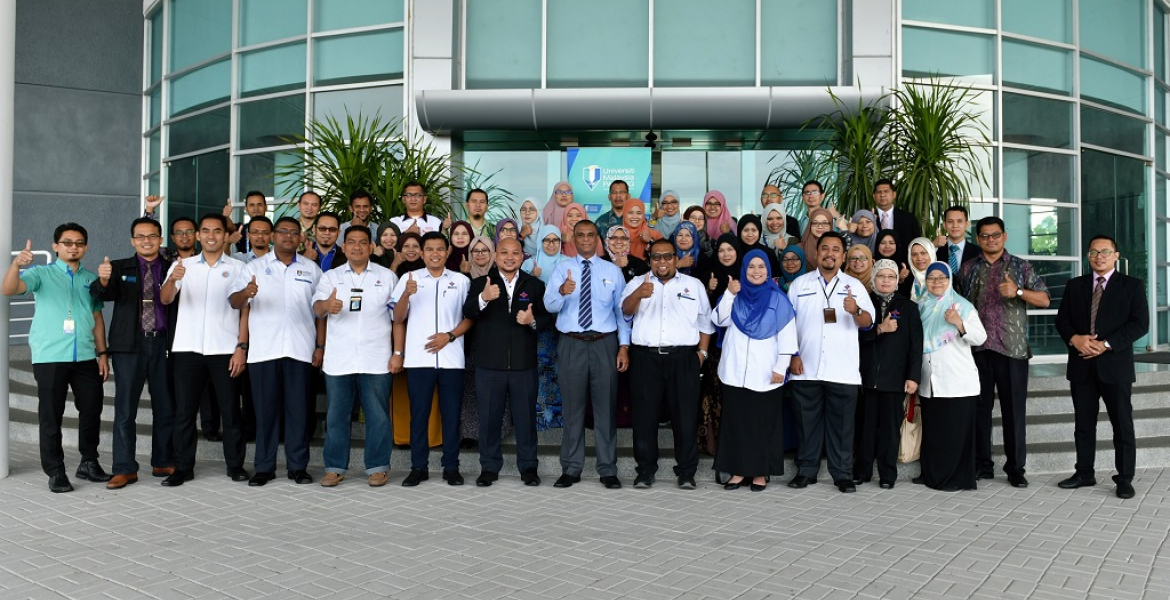
 Reports by:
Reports by: 